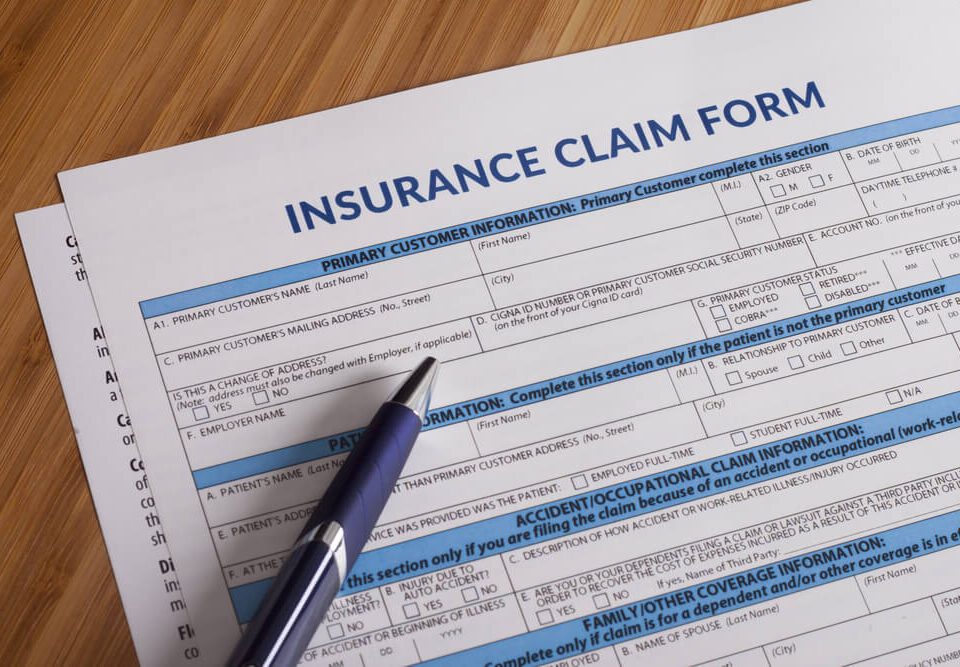What are Disability Benefits from Canada Pension Plan?
What are Disability Benefits from Canada Pension Plan?
In the list of deductions on your pay stub, you probably see a deduction named “CPP”. But what does CPP do?
What is CPP?
CPP stands for Canada Pension Plan. Individuals and their employers both contribute to the CPP. It is different from the Old Age Pension (OAP). OAP is funded by the government’s general revenues. CPP and OAP are both part of Canada’s retirement income system.
CPP is not only a pension plan for retirement, it also has disability benefits. As the name suggests, these benefits are meant for people who become disabled after an accident or because of serious health issues before they reach the age of 65.
CPP also has a Children’s benefit for people who qualify for the CPP disability benefits (CPP-D) and have a dependant child under 18 years old, or between 18 and 25 years old and attending school on a full-time basis.
The most important thing you need to know about the CPP disability benefit is that you need to have contributed to the CPP to be eligible to receive this benefit.
The amount that you will receive will be calculated based on your contributions to CPP before your disability. The maximum amount you can receive for 2021 is $1,413 per month. Once granted, the CPP-D will be paid to you every month while you remain disabled from working or until your turn 65 years old. At the age of 65, the CPP-D benefits will be converted to the retirement pension of the Canada Pension Plan.
To be eligible for the Canada Pension Plan – Disability (CCP-D), there are three criteria to meet:
1. You have a disability
To qualify for the CPP disability benefit, your disability must:
- Prevent you from doing any type of substantially gainful work: This means that your disability prevents you from working or from earning a living through work
- Your disability is long-term and of indefinite duration or is likely to result in death: this means that your disability will not be resolved in the foreseeable future, or that you are likely to die from it (this could be the case for certain degenerative diseases, for example)
2. You must be under 65 years old
Why 65 years old? Because after a person reaches that age, the retirement pension takes over from the CPP-D benefits. If a person is receiving CPP disability benefits, , their benefits will automatically be converted to retirement benefits at the age of 65.
3. You must have contributed to the CPP
You contribute to the CPP through your employment deductions. If you are unsure, you can look for a deduction named “CPP” on your pay stub. If you are self-employed, or working as a consultant, these deductions may not be taken from your income. If you wish to contribute to the CPP, you may want to consult with your accountant regarding your options for contributing to the CPP.
To be eligible for CPP-D, you must have contributed for:
- At least 4 of the last 6 years; or
- If you have contributed for at least 25 years, at least 3 of the last 6 years.
If you are between 60 and 65 years old and you are already receiving the retirement benefit, different criteria may apply.
Please note that if you are a resident of Quebec, you must contact the Quebec Pension Plan for more information about disability and retirement benefits.
If you are disabled from working, and you want to know what types of benefits you should be applying for, please book a free consultation with one of our lawyers. Nous offrons des services en français et en anglais.
Written by Burn Tucker Lachaîne
Related Articles
The Hidden Cost of “Cheaper” Auto Insurance: What Ontario Drivers Need to Know Before July 1, 2026
Significant changes are coming to Ontario auto insurance, and they may cost you more than just a few dollars in savings. On July […]
Insurance Coverage Through Fitness Apps: Benefits You Didn’t Know You Had
If you’re an avid cyclist, runner, or outdoor enthusiast, you probably already rely on activity tracking software or a fitness device to monitor […]
Ontario Court Upholds Privacy in the Home: In-Home Surveillance Footage Protected in Ontario Case
In a ruling from the Ontario Superior Court, Justice L. Shaw upheld the privacy rights of a severely injured plaintiff, refusing a request […]



